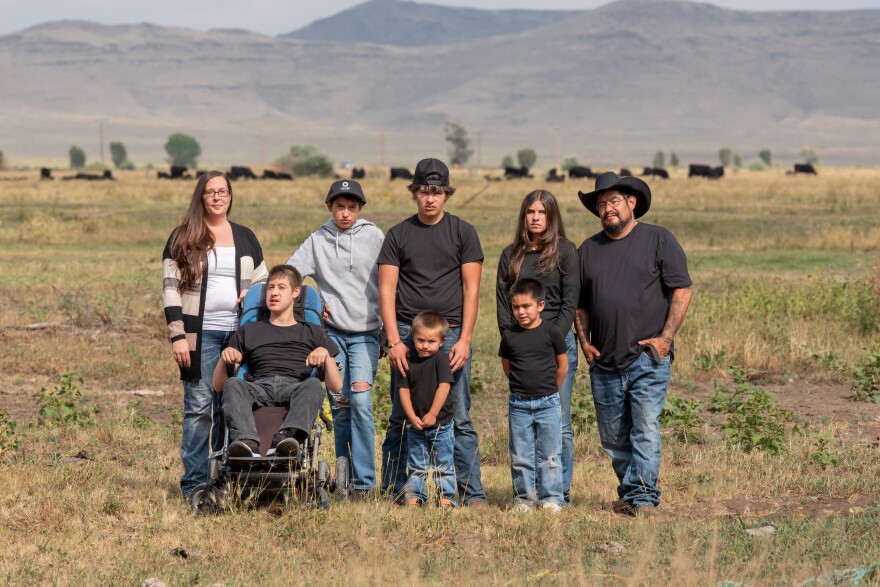After Patricia DeHerrera and her children received care at Grand River Health in Rifle in 2020, her employer, the gas station chain Kum & Go, said it would withhold a portion of her paycheck due to unpaid medical bills. She spoke to KFF Health News for the outlet’s investigation into the practice.
In the U.S., a business or other entity can take people to court who has outstanding bills — or they can pass the debt to a debt collector who can do the same. Judges can then mandate employers garnish the employee’s wages to pay off the debt. In Colorado, a 2024 law mandated debt collectors disclose the original creditor in these cases, shining a light on medical providers pursuing legal action over unpaid bills.
But DeHerrera had Medicaid, which meant she didn’t owe anything for her health care. Her situation was among the thousands of cases in Colorado that KFF analyzed.
In Garfield County, there were 38 wage garnishment cases over bills ranging from $231 to over $21,000.
Medicaid should have covered bills like DeHerrera’s, but the country’s medical billing system is notoriously error-prone and difficult to navigate.
Resolving these cases is often complicated and overwhelming, said Rae Ellen Bichell, KFF’s Colorado correspondent who led the investigation.
“It takes a lot of time,” she said. “It takes a lot of knowledge. And so even in these situations where a family knew that they didn't owe that bill, it was just so hard for them to figure out how to prove that they didn't owe it — to get the right letter from the right office, from the state versus the county.”
Bichell said the bureaucratic quagmire and additional financial hardship of lost wages can have serious consequences, affecting people’s ability to pay for electricity, food and other basic necessities.
She added that some of the cases involved employers who are also health care providers, including Valley View Hospital in Glenwood Springs.
When employees received care at the hospital where they work and couldn’t pay their bills, the employers sent them to debt collectors.
“The debt collector would get permission from the courts to garnish their wages, and then would go back to their employer, which is also the place where they got care, and say, ‘Okay, now you have to garnish their wages to pay yourself back.’”
According to Bichell, garnishing wages creates a lot of extra work for employers — so much so that products exist to help with the process.
In a statement to KFF about the practice, a spokesperson for the Colorado Hospital Association said, “Hospital care costs money to deliver.”
But studies show that garnishing wages through debt collectors generates only a small fraction of hospital revenues, roughly 0.2% on average.
“This is a system in which somehow it makes more sense for the hospital to send the debt of their own employees to a debt collector,” said Bichell. “It doesn't make sense for anyone.”



